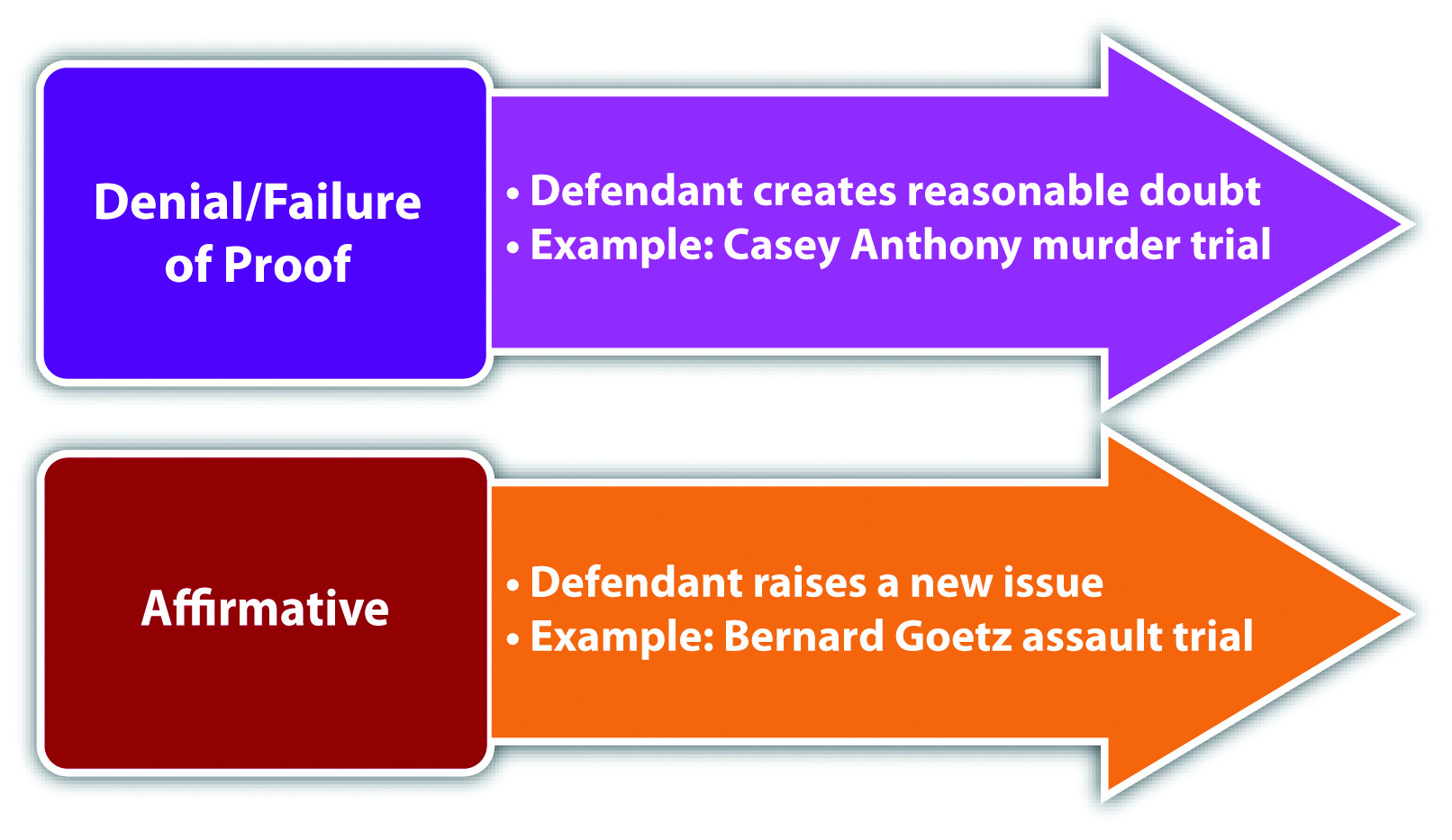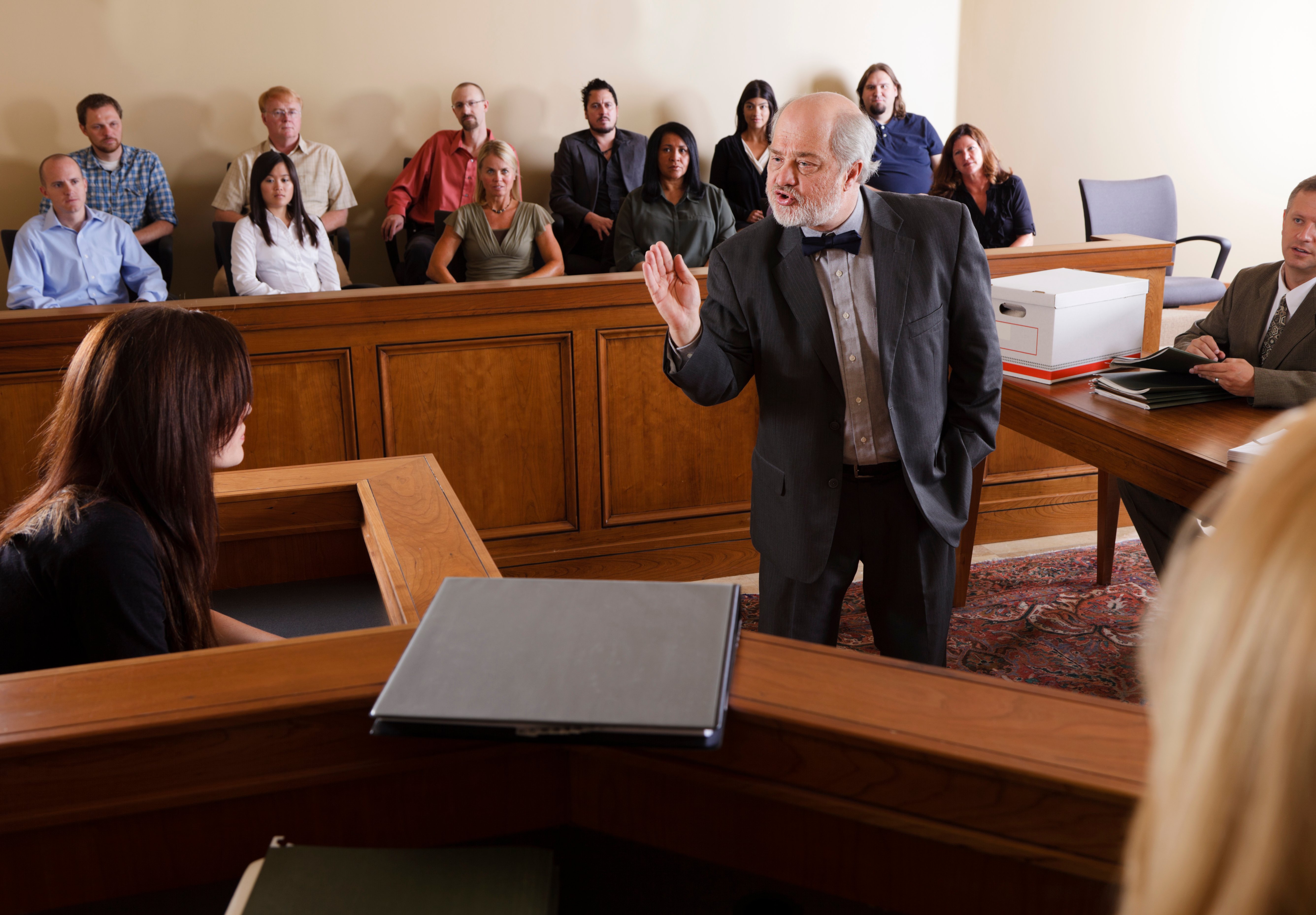Criminal Law Defense for Legal Representation is a critical area of the legal system, safeguarding individual rights and ensuring fair treatment in the face of accusations. This intricate process involves a complex interplay of legal principles, procedural safeguards, and strategic defense tactics.
Understanding the nuances of criminal law defense is crucial for individuals facing criminal charges, as it empowers them to navigate the legal system effectively and protect their interests.
The realm of criminal law defense encompasses a wide range of legal issues, from minor offenses to serious felonies. A criminal defense attorney plays a pivotal role in representing clients accused of crimes, guiding them through every stage of the legal process, and advocating for their rights.
This article explores the fundamental principles of criminal law defense, the stages of a criminal case, and the various strategies employed by defense attorneys to protect their clients’ interests.
Understanding Criminal Law Defense

Navigating the complex world of criminal law can be daunting, especially when facing accusations that could impact your freedom and future. Understanding the principles of criminal law defense and the role of a criminal defense attorney is crucial in protecting your rights and achieving the best possible outcome.
Core Principles of Criminal Law Defense
The core principle of criminal law defense is based on the presumption of innocence. This fundamental legal principle states that every individual is considered innocent until proven guilty beyond a reasonable doubt. The burden of proof rests solely on the prosecution to present sufficient evidence to convince the court of the defendant’s guilt.
The defense attorney plays a crucial role in ensuring that the prosecution meets this burden of proof. They investigate the case, challenge the evidence presented, and present arguments in favor of the defendant’s innocence. They also advise the defendant on their rights and options throughout the legal process.
The Role of a Criminal Defense Attorney
A criminal defense attorney acts as an advocate for the defendant, ensuring their rights are protected and their interests are represented throughout the legal process. Their primary role is to provide legal advice and representation, including:
- Investigating the case to gather evidence and identify potential defenses.
- Negotiating with the prosecution to reach a favorable plea bargain or dismissal of charges.
- Preparing and presenting arguments at trial to challenge the prosecution’s case.
- Filing motions and appeals to challenge legal decisions.
- Advising the defendant on their rights and options throughout the legal process.
Common Criminal Offenses and Their Defenses
Criminal offenses can range from minor misdemeanors to serious felonies. Some common examples include:
- Assault:A criminal offense involving the intentional infliction of harm or the threat of harm to another person. Defenses to assault charges can include self-defense, defense of others, and lack of intent.
- Theft:The unlawful taking of another person’s property without their consent. Defenses to theft charges can include mistaken belief of ownership, consent, and lack of intent to permanently deprive the owner of their property.
- Drug Possession:The unlawful possession of controlled substances. Defenses to drug possession charges can include lack of knowledge of the substance, medical necessity, and entrapment.
- Driving Under the Influence (DUI):Operating a motor vehicle while intoxicated. Defenses to DUI charges can include improper administration of the breathalyzer test, lack of impairment, and mistaken identity.
- Domestic Violence:The use of force or threats of force against a family member or intimate partner. Defenses to domestic violence charges can include self-defense, provocation, and lack of intent.
Stages of Criminal Defense

Navigating the criminal justice system can be daunting, especially when facing serious charges. Understanding the stages of a criminal case is crucial for both defendants and their legal representatives. This knowledge allows for informed decision-making and the development of effective defense strategies.
This section will Artikel the critical stages of a criminal case, from arrest to trial, highlighting the legal procedures involved and the importance of legal representation at each stage.
Arrest
The arrest marks the beginning of the criminal justice process. Law enforcement officers can arrest an individual if they have probable cause to believe that the person has committed a crime. Probable cause refers to a reasonable belief, supported by facts and circumstances, that a crime has been committed and that the person arrested committed it.
Navigating the complexities of criminal law defense requires a skilled legal advocate. From understanding the charges to building a strong defense, having the right representation can significantly impact the outcome of your case. While legal battles can be stressful, ensuring your financial security is crucial.
A comprehensive insurance policy can provide peace of mind during these challenging times. For those seeking reliable insurance options, Get a USAA Insurance Quote: A Comprehensive Guide can help you find the right coverage for your needs. With the right legal and financial support, you can face these challenges with greater confidence.
During an arrest, individuals have certain rights, including the right to remain silent, the right to an attorney, and the right to be free from unreasonable searches and seizures. The police are obligated to inform individuals of these rights, known as the Miranda rights.
Navigating the complexities of criminal law defense requires a skilled legal representative who can advocate for your rights. A thorough understanding of the law, coupled with a strategic approach, is crucial for achieving the best possible outcome. While this may seem unrelated, Rhode Island Home Insurance Quotes: A Guide for Homeowners offers a similar level of expertise in navigating the insurance landscape.
Just as a criminal defense attorney protects your interests in the legal system, a knowledgeable insurance broker can safeguard your financial well-being by securing the right coverage for your home.
Legal representation is crucial at the arrest stage. A criminal defense attorney can ensure that the arrest is lawful, that the defendant’s rights are protected, and that the police follow proper procedures. For example, the attorney can challenge the existence of probable cause or ensure that the defendant’s Miranda rights are not violated.
Criminal Defense Strategies
Criminal defense strategies are the methods and approaches used by attorneys to protect the rights of their clients accused of crimes. These strategies are designed to minimize the negative consequences of criminal charges and to ensure that the defendant’s rights are upheld throughout the legal process.
Defense Strategies
A criminal defense attorney will employ a variety of strategies, depending on the specific circumstances of the case. These strategies may include:
- Negotiating a plea bargain:This involves reaching an agreement with the prosecution to reduce the charges or sentence in exchange for a guilty plea. This strategy can be beneficial when the evidence against the defendant is strong or when the defendant wants to avoid a lengthy trial.
Navigating the complex landscape of criminal law defense requires expert legal representation, much like seeking the right insurance coverage for your assets. Military members, for instance, may find Boat Insurance Quote USAA: A Guide for Military Members a valuable resource when protecting their watercraft.
Similarly, in the realm of criminal law, a skilled attorney can provide the guidance and advocacy necessary to navigate legal challenges and safeguard your rights.
- Challenging the evidence:This may involve arguing that the evidence presented by the prosecution is inadmissible, unreliable, or insufficient to prove the defendant’s guilt beyond a reasonable doubt. This can include challenging the legality of the search and seizure of evidence, the reliability of eyewitness testimony, or the accuracy of forensic testing.
- Presenting an alibi defense:This involves demonstrating that the defendant could not have committed the crime because they were somewhere else at the time of the offense. This may require presenting evidence such as witness testimony, travel records, or time-stamped photographs.
- Raising a defense of insanity:This involves arguing that the defendant was not mentally competent at the time of the crime and therefore should not be held criminally responsible. This defense requires a psychiatric evaluation to determine the defendant’s mental state at the time of the offense.
- Asserting a self-defense claim:This involves arguing that the defendant used force to protect themselves or others from imminent harm. This defense requires demonstrating that the defendant’s actions were reasonable and necessary under the circumstances.
Comparison of Defense Strategies
Different defense strategies have varying degrees of effectiveness and may be more appropriate in certain cases than others. For example, a plea bargain may be a suitable strategy for a defendant facing minor charges or who wants to avoid a trial, while challenging the evidence may be more effective in cases where the prosecution’s case is weak.
Ethical Considerations in Criminal Defense, Criminal Law Defense for Legal Representation
Criminal defense attorneys have an ethical obligation to zealously represent their clients within the bounds of the law. This means that they must act in their clients’ best interests, even if those interests conflict with the interests of society.
- Confidentiality:Attorneys have a duty to keep all communications with their clients confidential. This means that they cannot disclose information about the case to anyone, including the prosecution, without their client’s consent.
- Truthfulness:Attorneys have a duty to be truthful to the court and to the opposing party. This means that they cannot knowingly present false evidence or make false statements to the court. However, they are not required to reveal information that could be harmful to their client’s case.
- Competence:Attorneys have a duty to be competent in their representation of their clients. This means that they must have the necessary knowledge, skills, and experience to handle the case effectively.
Ethical considerations in criminal defense are complex and require attorneys to balance their duty to their clients with their duty to the legal system.
Resources for Criminal Defense: Criminal Law Defense For Legal Representation
Navigating the criminal justice system can be daunting, especially when facing charges. Understanding the resources available to you is crucial. These resources can provide guidance, support, and potentially even legal representation, helping you navigate the complex legal process.
Legal Aid Organizations and Pro Bono Services
Legal aid organizations and pro bono services offer legal assistance to individuals who cannot afford private attorneys. These organizations are staffed by lawyers and paralegals who provide free or low-cost legal services to those who qualify based on income and other factors.
- Legal Aid Society:This non-profit organization provides legal representation to low-income individuals in various areas, including criminal defense. They offer a wide range of services, including representation in court, plea bargaining, and appeals.
- National Legal Aid & Defender Association (NLADA):NLADA is a national organization that supports legal aid organizations across the country. They provide resources, training, and advocacy to ensure access to justice for all.
- Pro Bono Project:Many law firms and bar associations offer pro bono services, where lawyers volunteer their time to represent low-income clients. These programs can provide high-quality legal representation at no cost.
Costs Associated with Legal Representation
The cost of legal representation can vary widely depending on several factors, including the complexity of the case, the experience of the attorney, and the location of the court.
| Type of Legal Representation | Estimated Cost | Notes |
|---|---|---|
| Public Defender (Assigned by the Court) | Free | Available to those who cannot afford legal representation. |
| Private Attorney (Hourly Rate) | $200-$500 per hour | The actual cost will depend on the attorney’s experience, location, and the time spent on the case. |
| Flat Fee Attorney | Varies depending on the case | Some attorneys charge a flat fee for specific services, such as plea bargaining or trial. |
| Contingency Fee Attorney | Percentage of any recovery | Contingency fee arrangements are common in civil cases but less common in criminal cases. |
Wrap-Up

Navigating the complexities of the criminal justice system can be daunting, but understanding the principles and strategies of criminal law defense can empower individuals facing charges. By seeking qualified legal representation and understanding their rights, individuals can effectively navigate the legal process and protect their interests.
This article provides a comprehensive overview of the key aspects of criminal law defense, highlighting the importance of legal advocacy and the resources available to individuals facing criminal charges.




